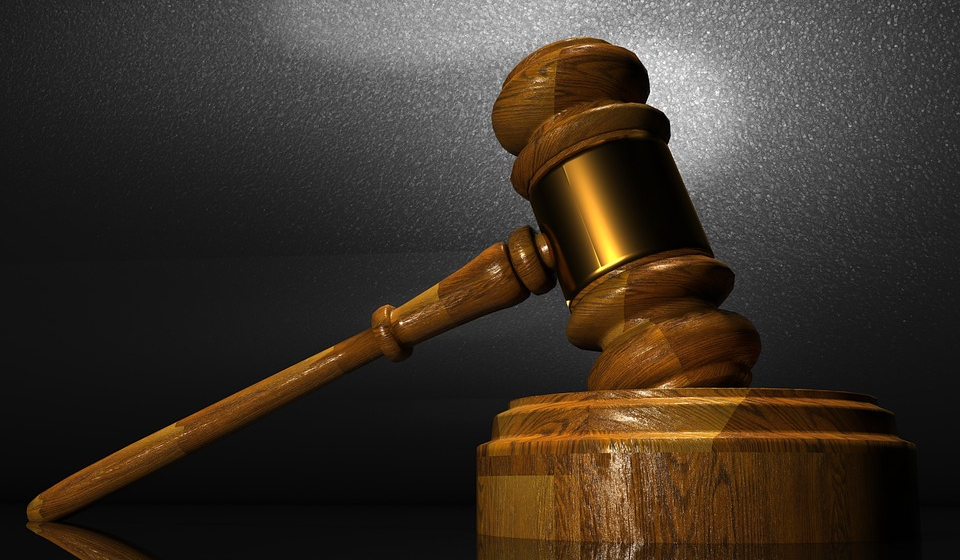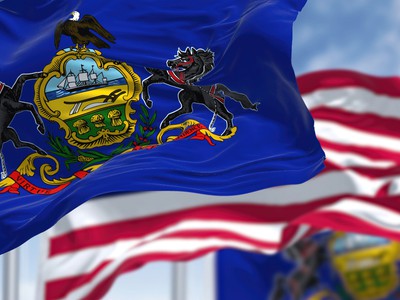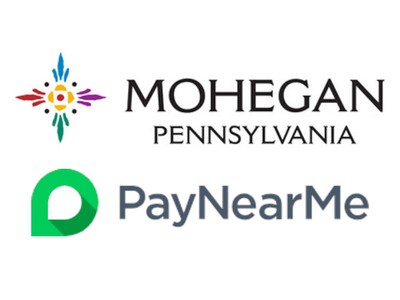Flutter Entertainment, the parent company of PokerStars, has agreed to pay the Commonwealth of Kentucky $300 million in total to settle an 11-year dispute with the state over online gambling that took place between 2006 and 2011.
The decision effectively ends Flutter’s efforts to appeal the matter to the US Supreme Court. It also allows the company to move on from what could have been a much more costly proposition of paying the state hundreds of thousands more in penalties and interest.
In a statement, Flutter said it “strongly believes that this agreement is in the best interests of Flutter shareholders,” and added that it “now considers the matter closed.”
Kentucky Gov. Andy Beshear agreed the case was now settled. “After 10 long years, the commonwealth has not only prevailed, but collected dollars that the General Assembly will be able to direct to critical areas, like education, health care and economic development,” the Democrat said in a separate statement.
The settlement calls for an additional $200 million payment be made to an existing $100 million bond ordered last April in Franklin Circuit Court.
Kentucky dusted off 1798 statute for court fight
The dispute has its roots in the period of time between enactment of the Unlawful Internet Gambling Enforcement Act (UIGEA) in October 2006, and April 15, 2011, aka Black Friday, when the US Department of Justice (DOJ) indicted PokerStars and other operators, alleging they violated the UIGEA. The DOJ case was settled the next year.
Before Black Friday, Kentucky and other states took steps to rein in online gambling. The commonwealth ultimately decided to use a little-known statute from 1798 called the Loss Recovery Act (LRA) as its tool to sue PokerStars in 2011. The LRA was intended to help victims of illegal gambling, and their families, recover money they lost to illegal gambling operations.
PokerStars quickly found itself hampered by two issues: disagreement over how much some 34,000 Kentuckians ultimately lost when gambling on the operator’s website between 2006 and 2011, and a series of defeats in the commonwealth’s court system.
While lawyers for PokerStars argued that the company made only $18 million in revenue during the five-year period and that Kentuckians lost just $26 million while gambling, the commonwealth said its constituents lost $290 million.
In November 2015, Franklin Circuit Court Judge Thomas Wingate sided with the commonwealth. The next month, at the commonwealth’s request, Wingate revised the sum of the damages, trebling it to $870 million.
The Kentucky Court of Appeals reversed Wingate’s ruling in December 2018, but in a surprise move the Kentucky Supreme Court overturned the appellate court’s decision last December. The commonwealth’s high court not only reimposed the $870 million judgement, but it also added interest and fees, which suddenly put PokerStars on the hook for $1.3 billion in damages.
Flutter vowed to appeal the matter to the US Supreme Court. Its subsidiary, Stars Interactive Holdings, filed a writ of certiorari there on August 23. The Washington Legal Foundation (WLF) filed an amicus brief in support of PokerStars on September 10, arguing that the commonwealth violated due process and had levied an excessive fine. The WLF said the $870 million judgement by the Kentucky Supreme Court “shocks the conscience.”
Dispute enters final stages
Last April, Wingate ordered Flutter to surrender $100 million in secured bonds to the commonwealth, which acknowledged receiving them the next month.
Reports that the final total in penalties and interest facing PokerStars could exceed $1.6 billion may have compelled Flutter to settle the matter for $300 million.
Analysts appear to agree that Flutter’s move to cut their losses was a smart choice. In a note to clients, Davy Select said it viewed the decision “toward the lower, more favorable, end of potential outcomes. Importantly, it also removes a key stock headwind of recent months.” Davy said the $300 million settlement equated to an impact of about $1.13 per share of the UK-based company.
The saga with PokerStars ensnared three separate parent companies. The operator was owned by Rational Group when Kentucky first filed suit. Amaya Gaming Group, which rebranded itself at The Stars Group in 2017, acquired Rational in 2014. Flutter completed its acquisition of Stars last May.









